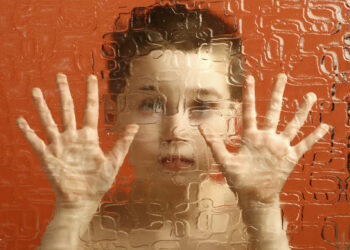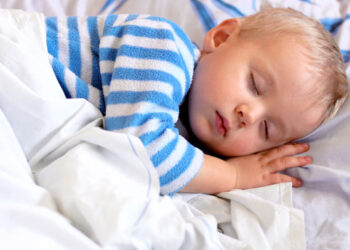Slapped Cheek Syndrome
Slapped cheek syndrome is the 5th commonest virus infection in children that causes a rash. It is also known as Erythema infectiosum or fifth disease and usually affects children between 5 – 15 years of age.
It is caused by Parvovirus B19 and usually starts with a low grade fever, headache, a runny or stuffy nose and then after a few days, the typical rash which looks like a slap mark on the cheeks. Unlike meningococcal infection this rash disappears on using the glass test. Occassionally the rash can affect other parts of the body too. The rash may last a couple of days but in rare cases can last weeks. The important point is that the patient is unlikely to be infectious once the rash has appeared. Infectivity is mainly through the respiratory route ie through sneezing coughing etc. The incubation period is 4 – 21 days. This means that it might take up to 3 weeks to develop symptoms of the disease once you come into contact with an infected person.
There are 3 groups of patients who need to take special care with this infection:
1. Pregant women in the first 12 weeks of pregnancy (See below)
2. Immunocompromised patients such as those with HIV
3. Patients with sickle cell disease and those with chronic haemolytic anaemias
I have added a NHS choices video which gives you some supplementary information
Treatment
Treatment is largely supportive. Ensure that your child has an adequate fluid intake and use paracetamol and/ or ibuprofen to control the temperature. The usual guidance is to give paracetamol first and if the temperature is not controlled after an hour then you may use ibuprofen. Paracetamol may be given 6 hourly whilst ibuprofen is given 8 hourly.
If you are in any doubt about the diagnosis or your child is very unwell, ensure that you seek a medical opinion.
Pregnancy
Infection in the first 12 weeks of pregnancy may lead to miscarriage



